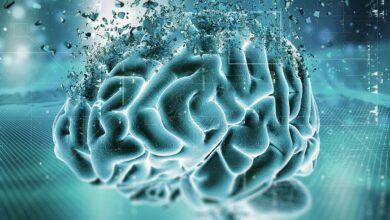CBD, or cannabidiol, is one of more than 100 cannabinoids present in the cannabis plant. It’s different to THC, the compound that produces a high. In this article, Curakind looks at the evidence for taking CBD for headaches
CBD is not psychoactive but has other effects on the body, which help ease pain and reduce inflammation.
CBD affects specific receptors in the brain and body that are part of our endocannabinoid system, the system which regulates systems like pain response, hormones, sleep and anxiety.
There are many different types of relief for these problems, including medications such as ibuprofen and acetaminophen. Still, they don’t always work for everyone, which is why cannabidiol (CBD) may be worth looking into.
CBD is a natural supplement that can help with headache and pain
As a natural treatment for inflammation and pain, cannabis has been used for centuries to offer relief without the side effects of conventional medicines. It can be taken as an oil, capsule, edible, or vapour, making it an excellent option for those sensitive to medication.
CBD can be used to help calm the nerves that cause pain and inflammation in your head, neck, or shoulder area. It may also help regulate melatonin levels, making it easier for you to fall asleep and stay asleep throughout the night.
Cannabidiol can also reduce the severity of cluster and migraine headaches characterized by severe throbbing or one-sided pain.
How does CBD for headaches work?
CBD works by blocking the pain signals from reaching your brain and allowing you relief from symptoms like nausea, pressure in the head, muscle tightness and sensitivity to light. As well as this, CBD can help with hormone headaches, caused by fluctuating oestrogen levels.
Studies have shown that the endocannabinoid system is responsible for regulating pain and mood and several other bodily functions like appetite, sleep patterns, and memory retention. Migraines often involve an imbalance of neurotransmitters regulated by our internal cannabinoid receptors.
This makes cannabis consumption an efficient alternative treatment option for those who suffer from chronic migraine issues without worrying about side effects, drug interactions, or the potential for addiction.
How CBD can help common headache disorders
Hormone Headaches
Estrogen controls chemicals in the brain that affect the sensation of pain in women. A drop in estrogen levels can trigger a headache, along with a sensitivity to light and nausea.
Hormone levels change for a variety of reasons, including: menstrual cycle, pregnancy and childbirth, perimenopause and menopause, oral contraceptives and hormone replacement therapy.
Genetics also play a part, as well as other factors such as sleep (too much or too little), stress, intense lights, sounds and noises and various foodstuffs, sugar, caffeine and alcohol.
Research shows that CBD can influence major hormones, including insulin, cortisol, and melatonin. Once balance and harmony is restored to your body, the symptoms that are causing the problem should ease.
Migraine
Migraines are strong headaches that are usually felt on one side of the head, most often behind the eye. Migraine sufferers experience a combination of symptoms that can include sickness and vomiting as well as sensitivity to light or sound.
Taking CBD oil not only helps with migraine headache, but also improves mood and may help you sleep better.
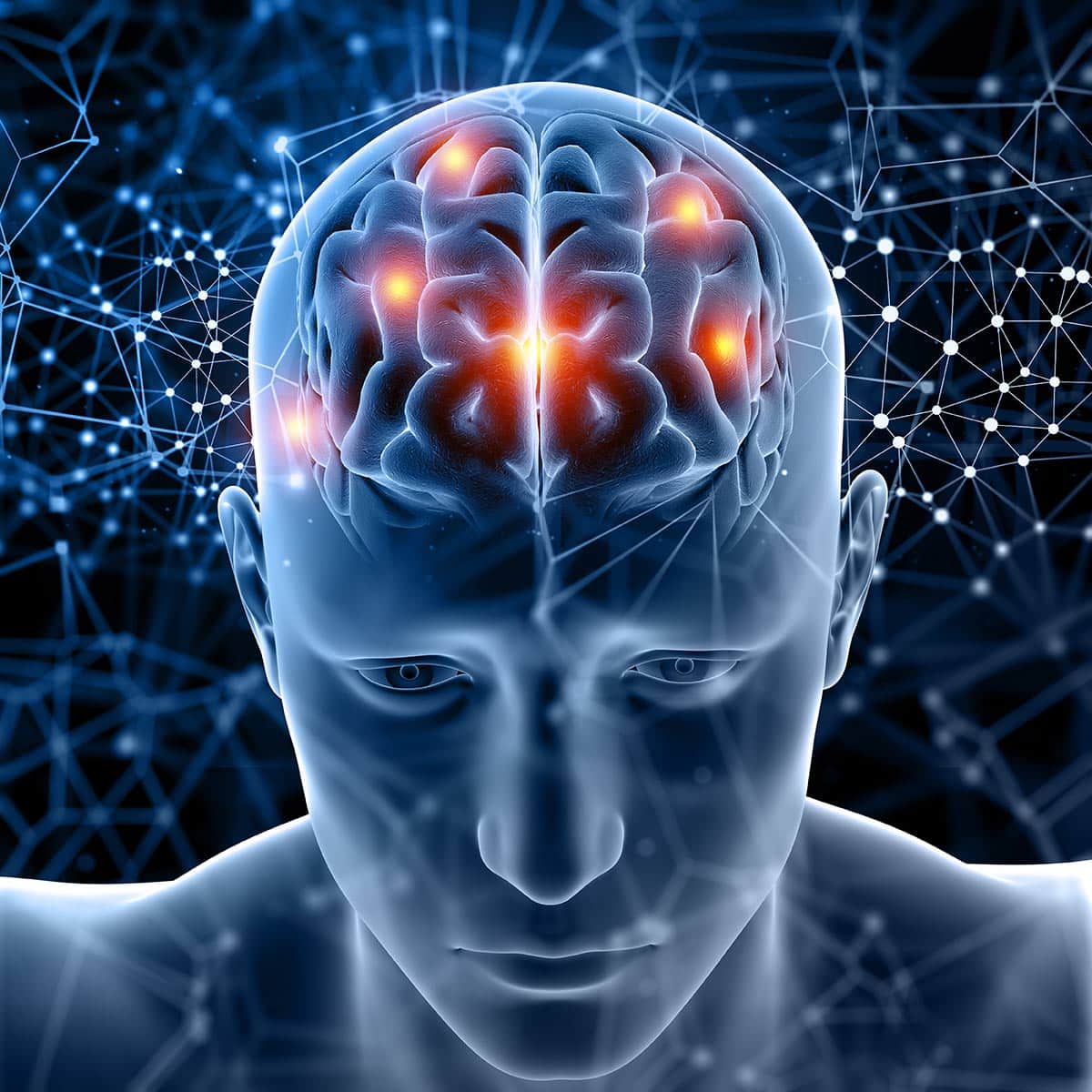
Cluster Headaches
These are signalled by excruciating attacks of pain in one side of the head, often felt around the eye.
They are a fairly rare health problem, more common to men that tends to start when people are in their 30s or 40s.
Attacks generally last from 15 minutes to 3 hours, and can occur anywhere from 1-8 times per day.
The exact cause is not clear, but evidence suggests they are related to activity in part of the brain called the hypothalamus.
Some data suggests that these headaches may be caused by extreme stress. CBD may be able to regulate the brain activity that causes these high levels of stress and anxiety, removing the trigger for the headaches.
Tension headaches
Tension headaches occur when neck and shoulder muscles tighten and pressure the nerves that connect to your head.
While tension headaches often start at the base of your skull, they can also occur on one side of your forehead.
Tension headaches tend to be worsened by stress, anxiety, lack of sleep, and poor posture.
As with cluster headaches, treatments with CBD may be able to reduce the stress levels contributing to the problem. It is also widely used as an anti-insomniac and can help improve both the quantity and quality of sleep.
Sinus and Allergy headaches
Allergies can cause sinus congestion, which can lead to sinus headaches. Sinuses are air-filled spaces inside the skull that help with cushioning and temperature regulation of the brain. If they become inflamed and blocked, a person will experience pressure or pain in their face and head and nasal congestion, sneezing, postnasal drip (mucous coming out of the nose), itchy eyes, redness around the eye area, swelling on top of the eyelids or underneath them.
CBD has a well proven history at reducing inflammation by interacting with the ECS. Once the inflammation in the sinuses is reduced, the pain caused by the blocked sinuses should be reduced. It can’t stop your allergies, but it may help make them a little easier to bear.
Withdrawal-based headaches
Patients experiencing a headache due to opioid withdrawal are likely to experience other accompanying symptoms such as sickness and vomiting, restless sleep with vivid dreams, stomach cramps, and diarrhea.
These headaches take longer to go away on their own than regular migraines and tension-type headaches.
Using CBD can end sleepless nights and improve the quality of sleep. Cannabis in general has been used for centuries as a cure for nausea and though it can’t help with diarrhea, it may relieve the pain of stomach cramps.
Rebound Headaches
Rebound headaches or medical overuse headaches (MOR), are typically a result of drug withdrawal and not necessarily an indication that something is wrong with your body; it’s just how your brain reacts to long-term use of medications.
It should be noted that some people experience this type of headache when they first start taking prescription medication for migraines or another recurring ailment which causes them to have more frequent episodes than usual. An effective way to avoid these types of headaches is by reducing the dosage gradually so as not to trigger any unwanted effects.
In an ideal world, nobody would need to take medications long enough to suffer from rebound headaches. It is a recognised fact that we are in the middle of a huge opioid crisis and there are many trials underway to see if CBD and other hemp and cannabis based medications may offer an effective alternative to opioid use for chronic pain.
Injury-based headaches
A headache caused by a head trauma such as that from an accident, fall, or blows to the head may represent a severe medical issue and should be addressed immediately.
Head injuries are among the most frequent causes of death in both children and adults worldwide so it is crucial for anyone who sustains a head injury–even if it seems minor at first glance–to seek immediate emergency care. If you have hit your head hard enough to lose consciousness, you need to rule out skull fracture with a CT scan or x-ray.
You could also experience brain swelling known as cerebral edema with symptoms including vomiting, and severe headache.
Once you have had a review by a healthcare specialist and such serious possibilities have been ruled out, CBD oil or cannabis products may be able to help with the residual pain caused by the injury.
Will CBD oil make me high?
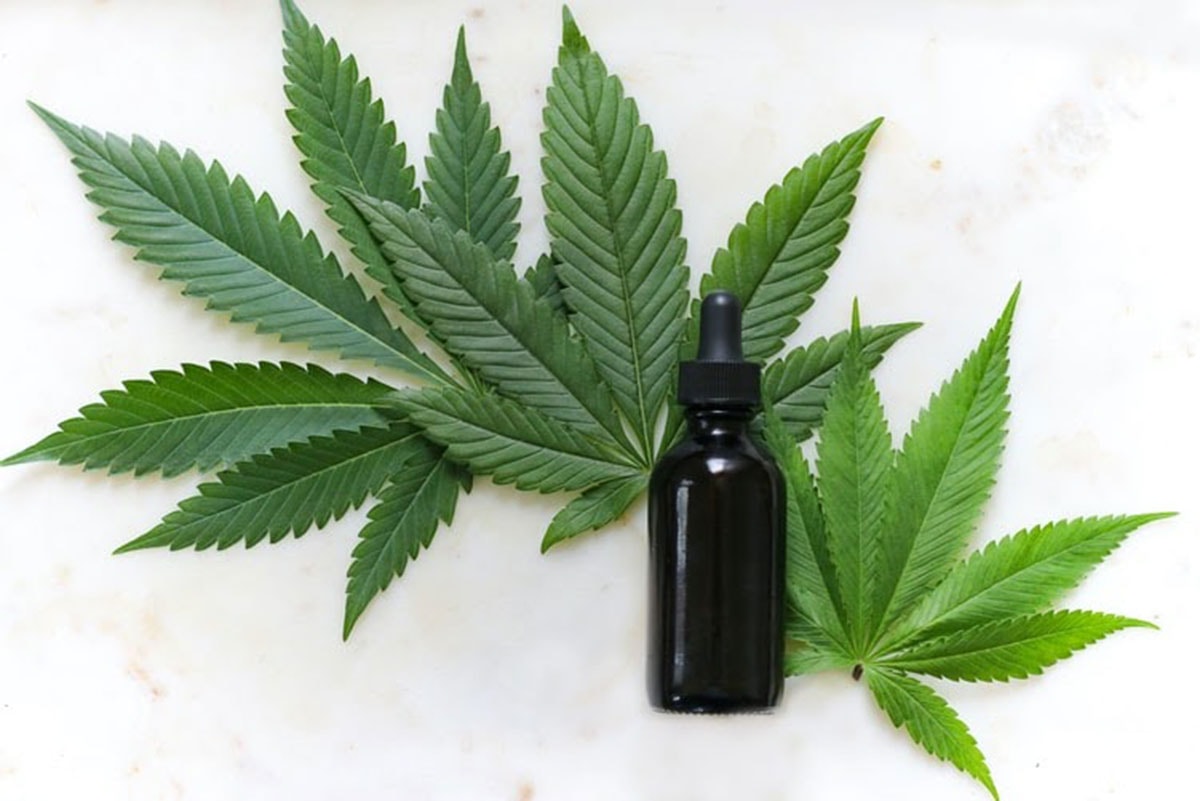
One of the most frequent questions first-time CBD products buyers ask is if CBD products will make them high. The short answer to this question is no, as long as you are using a hemp-derived product that contains less than 0.03% THC.
CBD is one of the hundreds of naturally occurring cannabinoids found in the plant Cannabis Sativa. While THC is the psychoactive cannabinoid that brings about a “high” sensation, other cannabinoids like CBD are non-psychoactive and offer a range of benefits without giving you any psychoactive effects, meaning you will not feel high or “stoned.”
There is also quite strong evidence to suggest that CBD actually reduces the psychoactive properties of THC, as part of what is called the ‘entourage effect’. This effectively means that people taking medicines that contain over 0.3 percent of THC are less likely to experience “high” feelings due to the presence of high levels of CBD.
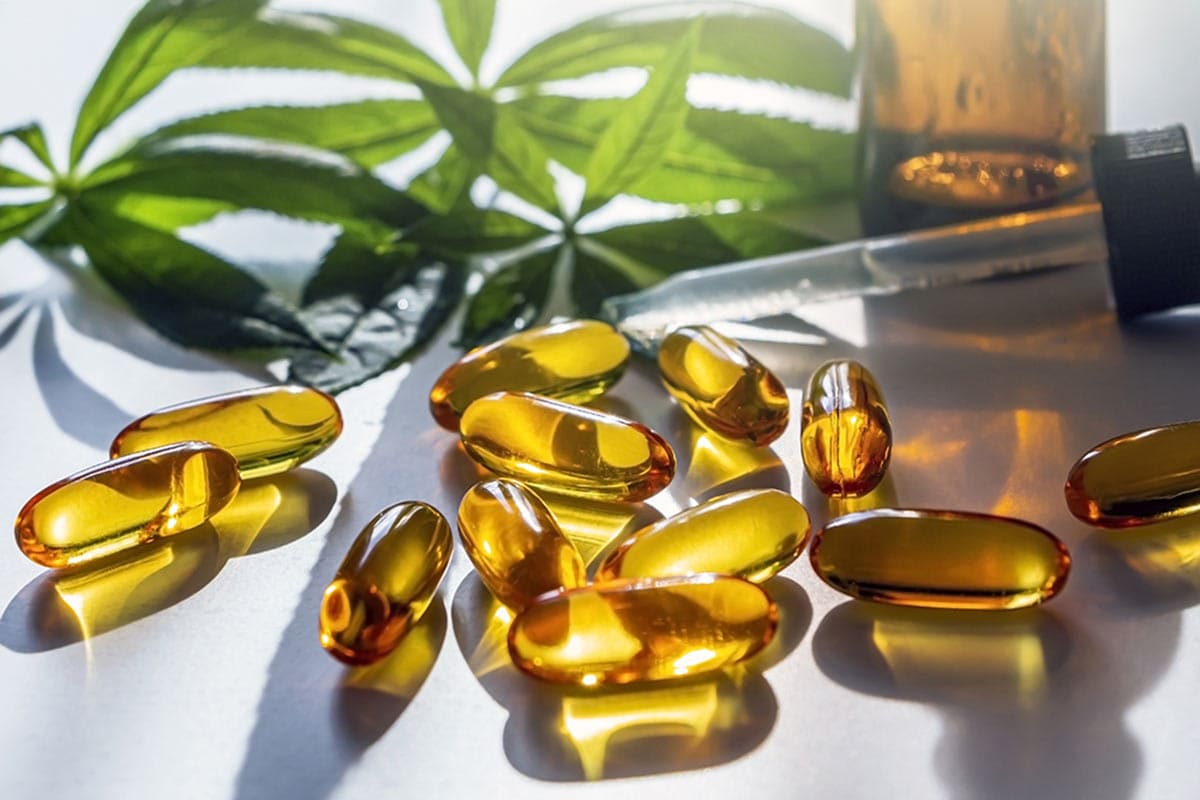
How to take CBD for headaches
CBD products are available in a variety of different forms including edibles, oils, capsules and flowers. These can be taken in a variety of different ways and each interact slightly differently with our bodies.
- CBD oil is best taken sublingually (under the tongue) where it can be speedily absorbed by the mucous membrane and enter directly into the bloodstream. The primary benefits of taking CBD oil sublingually are the speed of absorption and the level of potency achieved. It is also a good option for people who suffer from liver damage as very little of it will enter the digestive system.
- CBD Capsules are usually swallowed with water or food, which is absorbed into your bloodstream more slowly but has a longer lasting effect.
- CBD Flowers can be smoked or vaped. This method ensures a speedy recovery and is one of the quickest ways to feel the effects of the CBD. Both smoking and vaping are equally effective however smoking is not recommended for regular use as it can be hard on your lungs.
- CBD teas or infusions are also available, these should be added to water and allowed to steep. Adding milk or honey will ”decarboxylate”the CBD making it more effective.
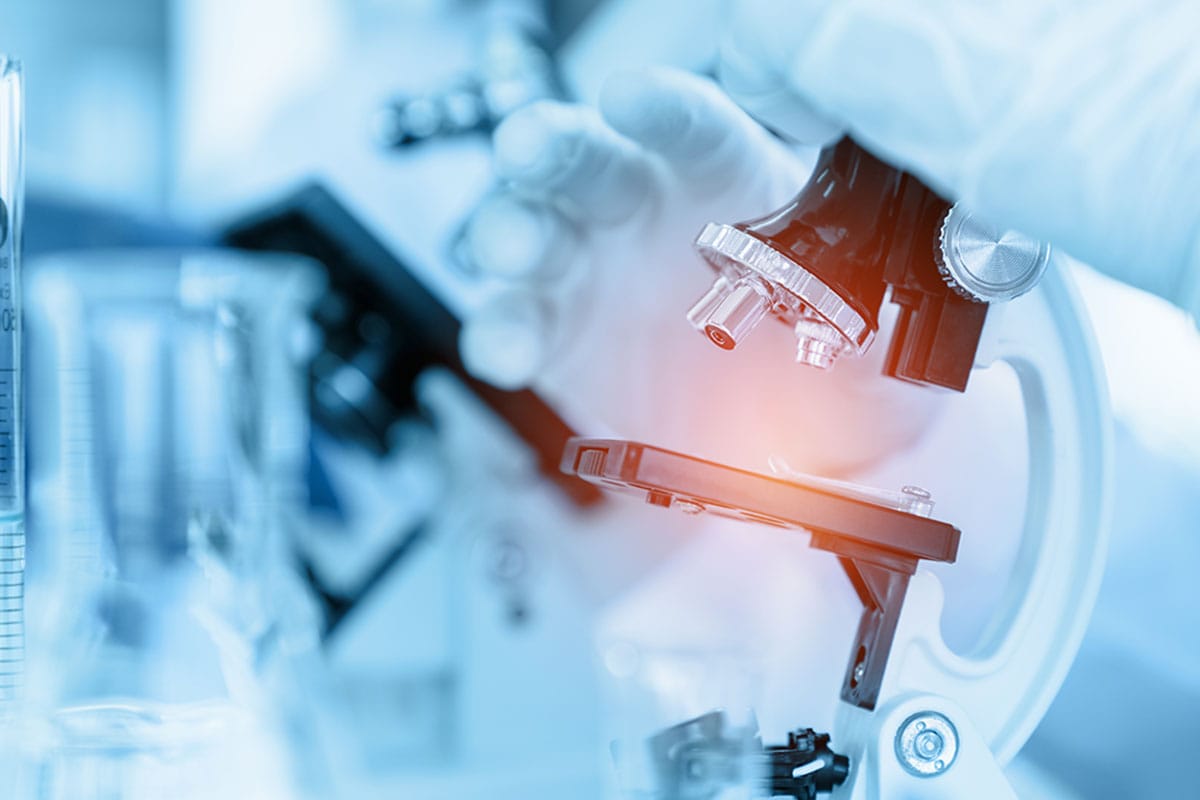
Studies on medical marijuana
2020 was a record year for cannabis research and over 3500 peer-reviewed scientific papers were published on the subject last year. Here are a small selection that focused on CBD for headaches:
A study from 2018 that was updated last year by the Cleveland Clinic Neurological Institute concluded:
“There is accumulating evidence for various therapeutic benefits of cannabis/cannabinoids, especially in the treatment of pain, which may also apply to the treatment of migraine and headache.”
Another study from the University of Minnesota/St. Cloud Hospital, released in 2021, concluded that a combination of CBD and THC given daily could decrease the pain of migraine headaches by up to 40%.
A third study, published in the Journal of Pain in 2020, looked at over 12000 sessions where cannabis was used to treat headaches and 7,441 sessions where cannabis was used to treat migraine pain. It concluded a 50% reduction in pain and migraine ratings after medical cannabis was used.
It’s believed that this cannabinoid can work to alleviate symptoms due to its ability to inhibit inflammation and control blood flow while also blocking glutamate receptors which impact neurotransmitter release related to migraine sensitivity.
Other cannabis research
A recently released study highlighted by Carrie Cutler, a Washington State University assistant professor of psychology, has proven that inhaled cannabis can reduce headache and migraine severity.
A new study published in the Journal of Pain is the first to use large amounts of data from headache and migraine patients using cannabis in real time. Previous studies have asked patients to recall past use. There has been one clinical trial indicating that cannabis was better than ibuprofen in alleviating headaches.
Results revealed that for the vast majority of cannabis use sessions, patients reported reductions in headache (89.9%) and migraine severity (88.1%).
The conclusion
There is clear evidence that medical marijuana and CBD oil can offer pain relief for many different types of headaches including migraine, without the nasty side effects of some other pharmaceutical options.
CBD products offer a totally legal plant-based alternative to the drugs prescribed by physicians, with no danger of withdrawal symptoms when usage is stopped.
If you would like to give it a try, we would recommend talking to a healthcare professional who can look at your indications and advise you on the best form and dosage for you.
It just might change your life.
This article is designed to inform only, Curakind would like to emphasise the importance of consulting with your doctor before taking any new medicines or supplements
MORE READING
Full spectrum CBD: what is it and how can it help?



